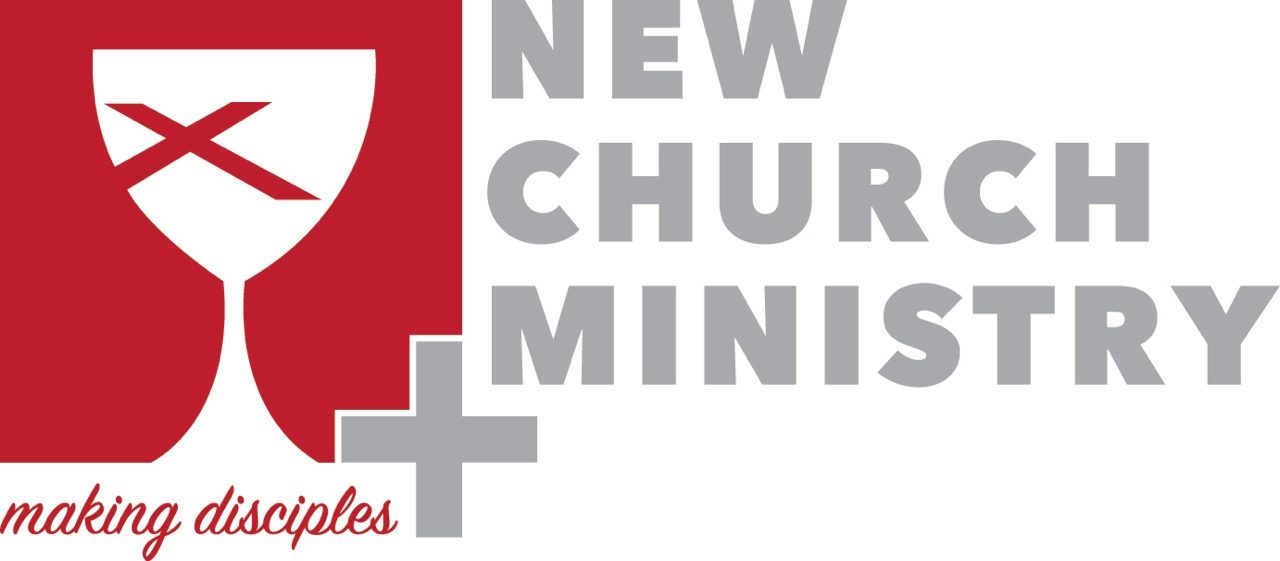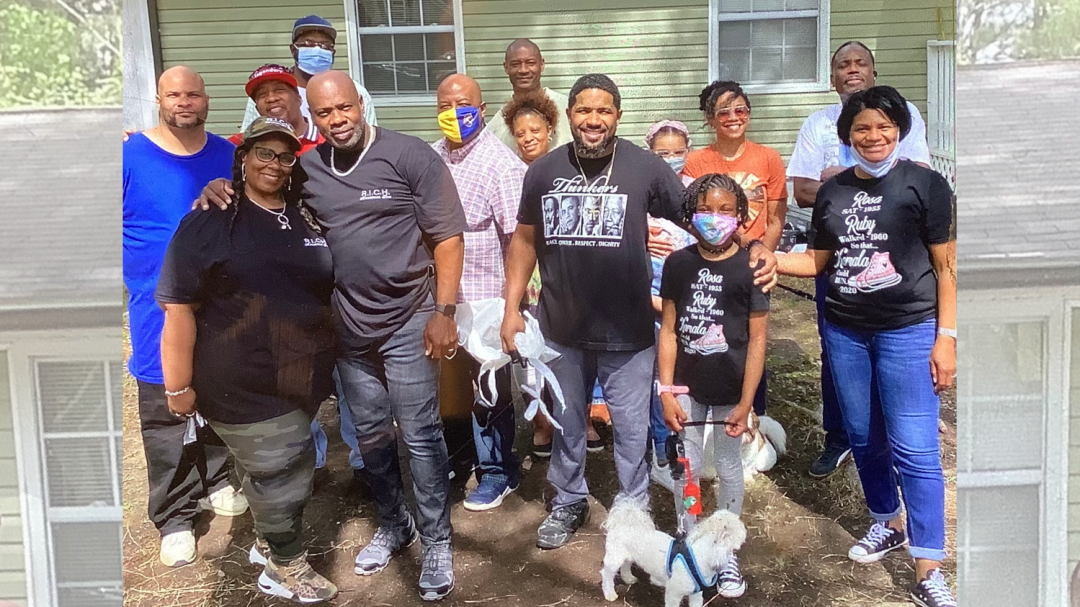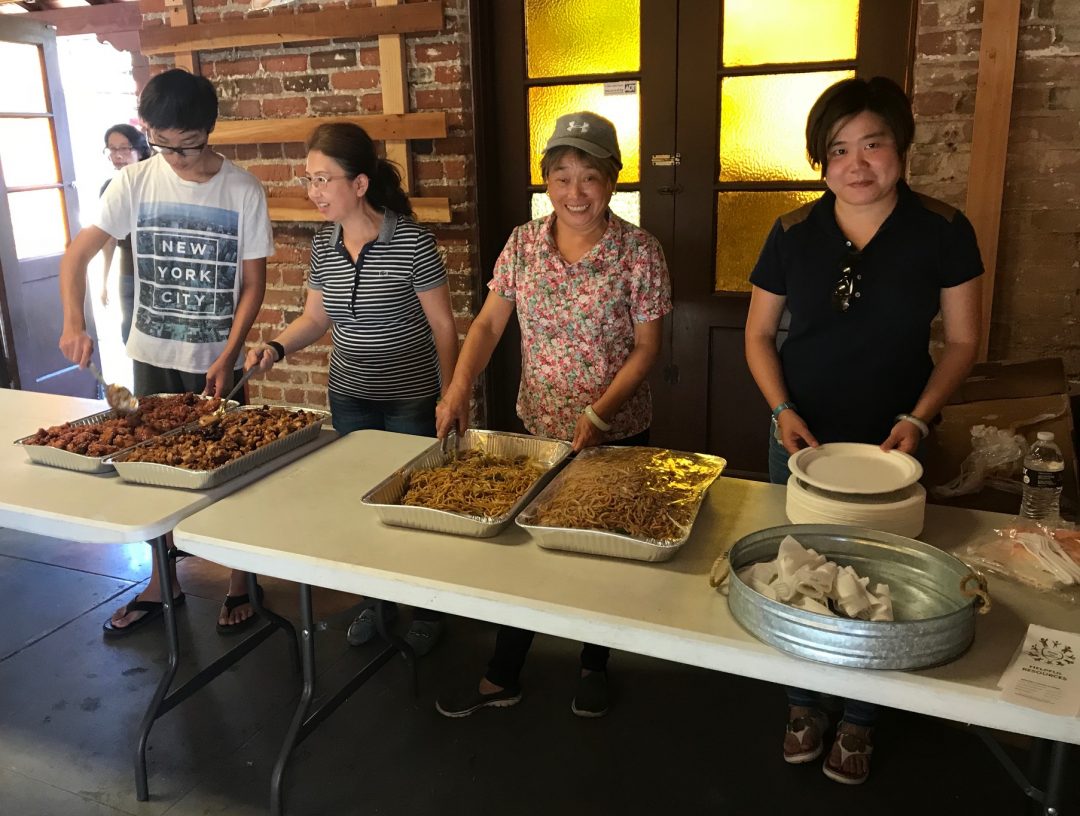Rev. Dr. Louis Threatt never thought he’d be a pastor. But that changed when he became a prison chaplain in North Carolina, where he noticed a disconnect between church and … Continue reading What a congregation for those impacted by incarceration can teach the church about welcoming all
“We walk with our community:” How new church planters are doing ministry
UrbanMission, a joint congregation of the United Church of Christ (UCC) and Christian Church (Disciples of Christ), lies at the intersection of White Avenue and Ninth Street in Pomona, CA. The … Continue reading “We walk with our community:” How new church planters are doing ministry


